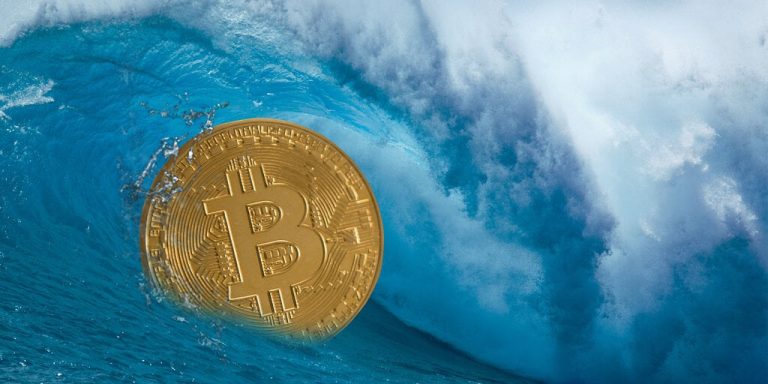Cryptocurrencies are legal in Hawaii.
The Aloha State has consistently gained a reputation as nearly the worst in the country for its unfriendliness toward cryptocurrencies — second only to New York, a state with Bitlicense that Hawaii has been trying to adapt and embrace.
But in a press release quietly released by the governor's office last week, the state administration revealed that “cryptocurrency companies will no longer need a Hawaii-issued money transmitter license to do business within the state.”
“Companies will be able to continue transaction activity as an unregulated business,” the announcement continued. “However, these companies will be responsible for compliance with any applicable federal licensing or registration requirements.”
In other words, Hawaii's regulatory stance suddenly went from strict to “lax.”
Licensing or not licensing
The policy change comes after years of debate, study and the surprising failure of reform attempts in the state legislature. The state's financial regulator, the Division of Financial Institutions (DFI) of the Hawaii Department of Commerce and Consumer Affairs, has long maintained that cryptocurrencies — particularly cryptocurrency exchanges — fall under its jurisdiction. This jurisdiction relies on classifying cryptocurrency exchanges like Coinbase and Binance as money transmitters, which puts them in the same regulatory group as companies like Western Union.
However, money transfer companies are subject to strict reserve requirements in Hawaii. Which means that cryptocurrency exchanges were required to have cash reserves equal to their digital holdings. While such a policy would make catastrophic failures like FTX unlikely, it also made doing business on the islands impossible.
Most major exchanges simply refused to serve customers in Hawaii.
To address this dilemma, DFI has teamed up with the Hawaii Technology Development Corporation (HTDC) to create the Digital Currency Innovation Lab (DCIL). The pilot program created a regulatory fund through which exchanges could temporarily serve Hawaii customers without fear of regulatory action, in exchange for data about the businesses they ultimately transact in the state.
More than 30 cryptocurrency companies applied, 16 were accepted into the program, and twelve were eventually on board to launch the pilot in 2020. Meanwhile, the state began developing a dedicated license for cryptocurrency companies.
Even within the confines of the regulatory environment, Hawaii was able to record a fair amount of activity on participating exchanges, serving up to 146,000 clients transacting up to $284 million in one quarter.
Hawaii has also not been immune to cryptocurrency scammers.
Billing battle
Hawaiians and policymakers have been eager to open Hawaii to cryptocurrencies' seemingly enormous growth and economic potential. It was 2000, when the price of Bitcoin was rising toward $10,000 and had yet to reach its peak of $64,000 (or its subsequent collapse), and a variety of bills were introduced in the state legislature to ease or eliminate blocks imposed on financial blockchains.
The only bill to make it out of the state Senate and House was one written by DFI. But the testimony was divided.
While most agreed that some regulation was needed, opponents said the proposed cryptocurrency license — similar to New York's Bitlicense — was too burdensome. The bill died before reaching the governor's desk, as has happened with bills that would have extended the DCIL trial period. Following this, the state encouraged customers of cryptocurrency exchanges in the pilot program to sell their holdings.
He remained forgotten
The state ended up unilaterally extending the pilot program before it expired in 2020, adding another two years. Most participating companies remained in the program. But the following legislative session – which saw the introduction of several bills in the field of cryptocurrencies – once again failed to provide a decisive framework for allowing and regulating cryptocurrencies.
Despite the disastrous year cryptocurrencies had in 2022, the pilot program has been extended for another two years, though June of this year. Last month, the last session of the Hawaii State Legislature convened without any cryptocurrency bills.
Now, after DFI and HTDC jointly announced the end of the pilot program, they confirm that the state of Hawaii will leave it up to the federal government to manage the cryptocurrency space. “The conclusion of the DCIL agreement represents a milestone that reflects the commitment to balancing innovation and regulatory responsibility,” DFI Commissioner Iris Ikeda said in a statement. Ikeda was unable to provide a response to a request for comment from Decryption By the time of writing.

